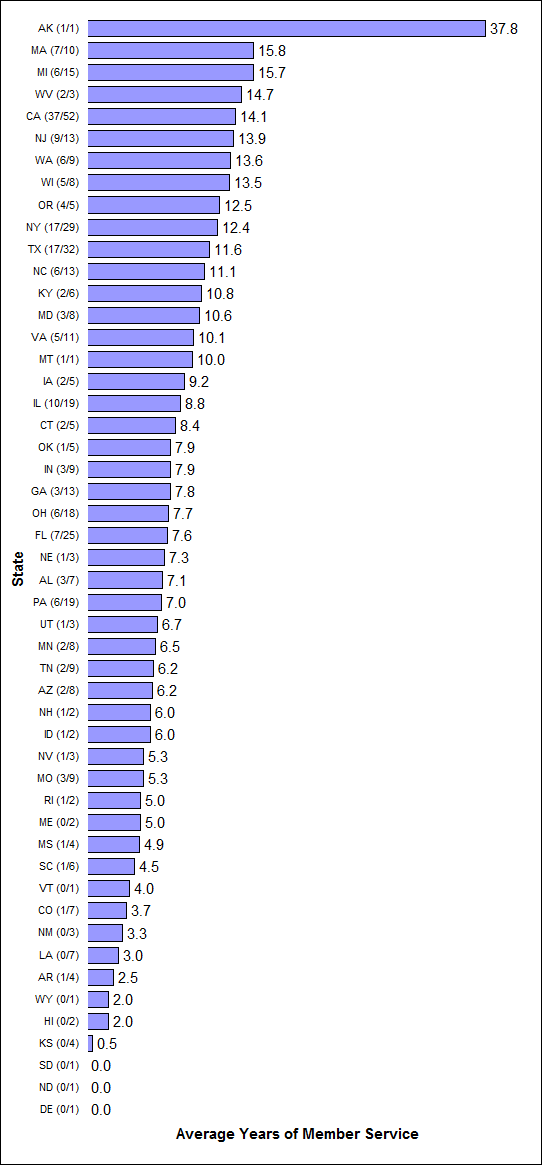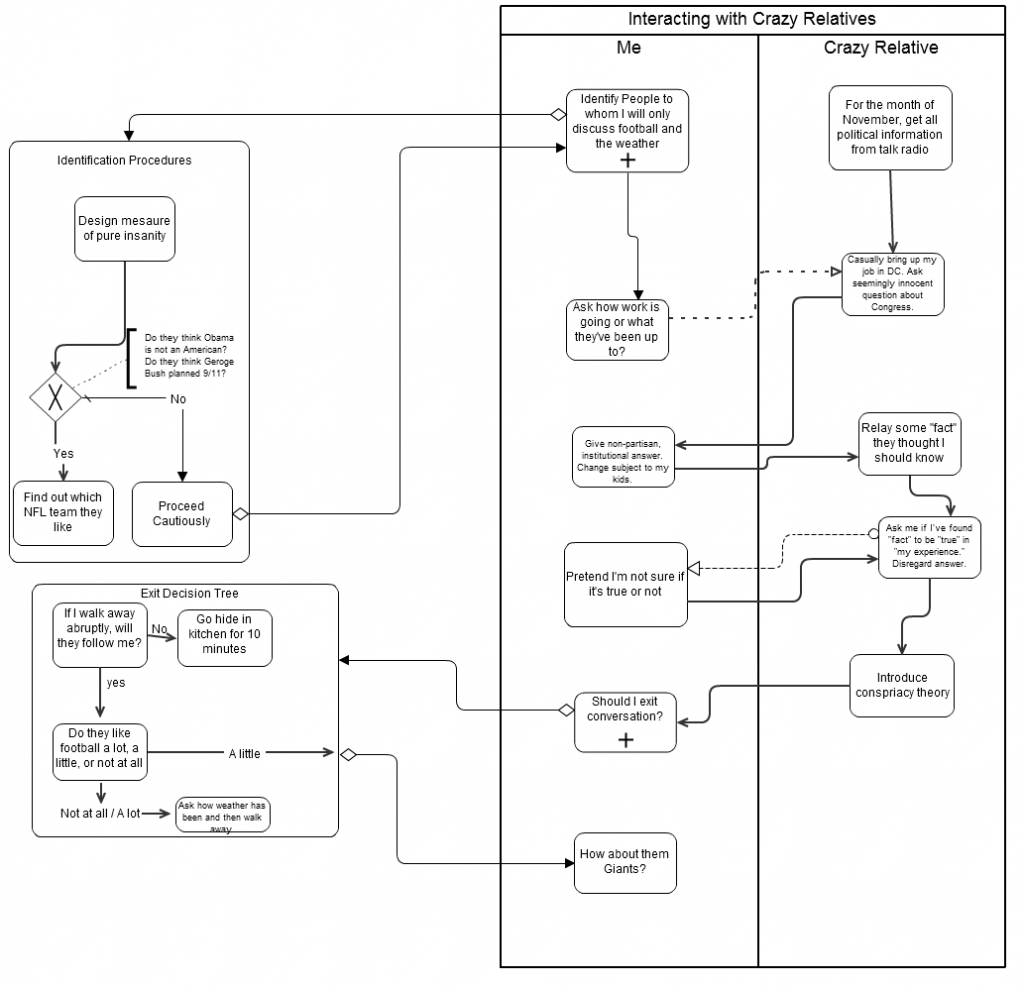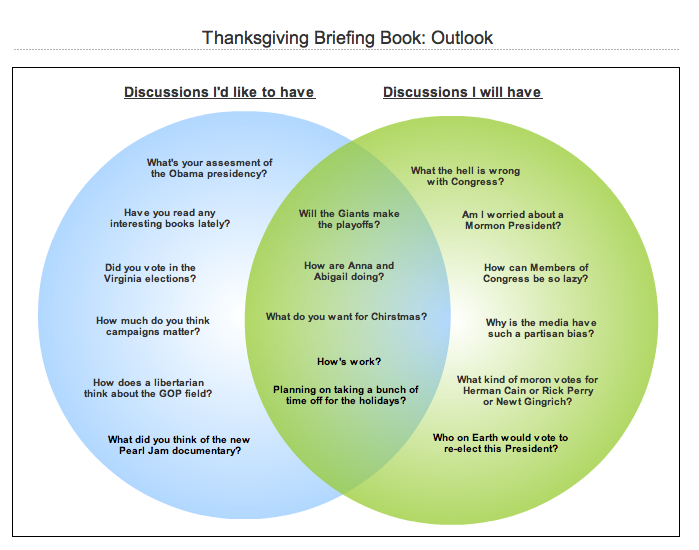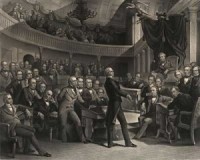Presidential candidates, political observes, and Americans in general aren’t usually known for their intense support of Congressional power. But even by those standards, the last few weeks have really been something else: I’ve already reviewed Rick Perry’s plan for Congress; Drew Westen rubbed my whiggism the wrong way; the GOP debate last Tuesday was better suited to a monarchy than a republic under the rule of law; a new line-item veto bill has been introduced by powerful bipartisan Members; and oh, by the way, the Senate is debating indefinite detention of U.S. citizens by the Executive.
But from a sentimental institutionalist’s perspective, the saddest thing was watching Newt Gingrich** — former Speaker of the House — slam the Congressional Budget Office:
The Congressional Budget Office is a reactionary socialist institution which does not believe in economic growth, does not believe in innovation and does not believe in data that it has not internally generated.
Plenty of people jumped to CBO’s defense, starting with former Republican CBO director Douglas Holtz-Eakin, who called the statement “ludicrous.” Former Acting Director Donald Marron piled on, and Ezra Klein wrote in defense of congressional staff (although see Matt Yglesias in partial defense of Newt.)
This has been followed by some interesting analysis of Gingrich vis a vis institutions. Bruce Bartlett wrote an excellent piece describing how then-Speaker Gingrich attempted to undermine congressional institutions, and Andrew Sullivan labeled Gingrich a Jacobin. Jonathan Bernstein agreed that Gingrich is no Burkean conservative with respect to institutions and asserted that, even worse, Newt is something of a tactical and strategic loose-cannon.
I’d like to take the discussion a bit wider, because Gingrich in many ways encapsulates the Whig dilemma of the modern age: how do you institutionally structure the legislative branch to maximize its power against the executive? Four points:
1) The Gingrich/Bartlett argument over CBO as non-partisan arbiter sidesteps the issue a bit. Many of the commentators have understood Gingrich’s comments on CBO as a partisan or ideological attack; even in an institutional analysis such as Bartlett’s, the thrust of the argument is that Gingrich’s motive for weakening the non-partisan congressional agencies was to consolidate legislative power:
Mr. Gingrich’s real purpose [in shrinking Hill institutional support] was to centralize power in the speaker’s office, which was staffed with young right-wing zealots who followed his orders without question. Lacking the staff resources to challenge Mr. Gingrich, the committees could offer no resistance and his agenda was simply rubber-stamped.
While I don’t disagree, there’s a more fundamental problem with dismantling the institutional infrastructure of the Hill: it would significantly empower the Executive branch. As I wrote last week, the President has a massive informational advantage over the legislature — an $800 million annual appropriation and 1800 staffers in the EOP alone — that helps him research, craft, message, and fight for his policy proposals. This isn’t necessarily a bad thing; the President needs information. But one of the primary reasons CBO was created was to give Congress its own independent source of budgeting and economic numbers; without it, they had to rely on OMB, which was perceived to have a bias toward the president’s positions.
This is true of all the non-partisan institutional furniture on the Hill — the Library of Congress, the Congressional Research Service, the Government Accountability Office, the House and Senate Legal Counsels. Their primary function is to enhance the institutional capacity of the legislature. Does their role sometimes have the effect of infuriating ideological partisans? Sure. But their prime function isn’t to ideologically smooth out the legislative process. That’s a great side benefit, but it’s tangent to their central institutional function, which is aid the legislature in policymaking and oversight of the executive branch, which in turn provide an institutional counterweight to the expansive political capacity of the Executive branch and the President.
2) It’s difficult for Congress to take on the President directly in institutional power struggles. Political battles between the branches tend to favor the President, for two main reasons. First, the President has unity of mind and can always deliver a consistent and stable message to a receptive media audience, whereas Congress is almost always divided and sending a mixed message. In this arrangement, the President will also almost always have allies in the legislature for his political positions; Members of Congress will often be forced to weigh the long-term institutional power of the legislature against the short-term ideological and partisan policy/political benefits of supporting the President, and they will often side with the President. Especially when the Member is a co-partisan.
Second, and most importantly, Americans tend to want a strong Presidency and an effective executive branch. People tend to like the services the federal government provides; the modern executive branch can not, as a whole, be radically shrunk. The electorate would not stand for it. To the degree that the President draws his institutional power from presiding over a large federal government, there’s nothing that can be done; the only place to build federal governing capacity is the executive branch, and it all has to be built under the President, power byproducts be damned. In other words, Congress has inherently expanded the power of the President by enlarging the role of the government. The two things go hand in hand.
In addition, the general population simply would not support a targeted all-out Congressional attack on the explicit power resources of the President. While it is true that the vast majority of Presidential power is not constitutional but instead the consequence of legislation written by Congress, it is not the case that such powers can simply be revoked. It’s politically impossible. In the time it takes to quickly pass one law, Congress could scrap the entire EOP, turn the lights off at the White House, take away the President’s free housing in DC, and make him walk to the State Department to phone our allies. None of those current benefits are his constitutional right. But no one wants to do those things. Sober observers know we can’t have a weak President. And even if they thought we could, the general population would not stand for it.
And that’s if Congress was unified. But as noted above, such a situation is extremely rare. And if Congress is not unified, the President can unilaterally block any legislative attempt to undermine his power if he can muster just 1/3 of one chamber to prevent an override of his veto. The menu of powers that 2/3 of both chambers of Congress would be willing to revoke for any given President are very small; it would take quite egregious Presidential actions (think Nixon, term two) to summon that level of congressional support. Most inter-branch political disputes do not create that sort of unanimity within the legislature, especially once issues of co-partisanship are taken into account. (This, of course, is why I support sunsets for all legislative grants of presidential power).
3) There are two main unilateral strategies Congress has against the Executive. So what can Congress do? Well, one option is to look inward. That is, to what degree can Congress improve it’s capacity to win political disputes with the President by doing things that, rather than hopelessly attack the President’s power, enhance their own? Such avenues seem like good places to look: the issue isn’t the absolute power of the Presidency so much as it’s the relative power of the President vs. Congress. To this end there are two general strategies available to the legislature: centralization of power and institutional expansion of the legislative branch. Both of these are familiar (although perhaps not stated) to anyone following the current debate. And each responds to a particular disadvantages Congress has, information on the one hand and unity on the other.
Institutional expansion is the concept of increasing the capacity of Congress to effectively act by literally building up the institution: gather resources and expend them in ways that serve Congress as a whole, for the purpose of shrinking the information deficit between the legislative and executive branches. This is the logic behind CBO and the other legislative branch agencies: increase the resources of the legislature so it isn’t beholden and/or outgunned politically by the resources of the executive. It’s also the theory behind committee and personal staff for Members on the Hill. The more people working to conduct oversight of the executive branch, and the more people independently gathering policy information for Congress, the lower the relative informational advantage of the President. The House General Counsel and Senate Legal Counsel operate on a similar principle: they provide for the institutional representation of Congress in the courts, serving not to defend a partisan or ideological position, but to defend the Congress as a whole.
The other strategy is centralization of power. The idea here is to solve the legislature’s collective action problem by making the leaders strong. Imagine if Congress was just one person. All of a sudden, it would start to look like the President was at quite the disadvantage: Congress would speak with a unified position, internal legislative outcomes would never be in doubt, the veto would be ineffective, bargaining positions would be stronger, and so forth. The idea of centralizing power is to mimic that situation as closely as possible in the real world. And this brings us to Gingrich’s moves as Speaker: whatever the motivation for them, centralizing power in the House can have beneficial results in fighting the President. By reducing the power of the committee system and tightly unifying the GOP conference under a powerful Speaker’s Office, Gingrich was probably able to more effectively combat President Clinton in 1995 than he otherwise would have been.
Both of these strategies, unfortunately, have down sides. The beefed-up legislative branch agencies, no matter how valuable in providing an informational counter-weight against the President, can have the side effect of getting in the way of ideological goals, or they can become political actors of their own. Both complaints have been lodged against CBO, most recently in regard to its role in the health care reform debate during the 111th Congress. Similarly, whatever benefits can be gained toward opposing the executive from centralizing power in the legislature have to be weighted against the explicit problems within the legislature of centralizing power. There’s plenty of political theory that suggests some benefits to a decentralized legislature; scrapping them to fend against the executive may be necessary, but it certainly isn’t costless.
But the most important problem with centralization and institutional expansion is…
4) Unfortunately, the two strategies tend to be at odds. This is much of what the spat has been this week over Gingrich’s comments about CBO. You just can’t get around the fact that, instead of being complementary, the two strategies tend to work against each other. Increasing the institutional capacity of the legislative branch agencies and the committee system is often diametrically opposed to centralizing power in the legislature. You cannot empower the leaders without, at least in part, shrinking the committee system, and you cannot beef up the committee system without weakening the leadership. Strong leaders do not want to work within the constraints that a powerful CBO or other institutional agency presents to them. Likewise, the greatest threat to a strong committee system is a powerful leader. Consequently, the two primary unilateral strategies gain little synergy from each other and may spawn, like Gingrich and the CBO, adversarial relationships over internal legislative power, rather than partnerships against the executive.
__________
**There was a time, in the wake of 9/11, when I actually could imagine Gingrich someday in the distant future being a historical Whig hero. Back then, you could imagine a history book being written 100 years from now, in which the 1995 battle with Clinton was the last stand of the legislative branch prior to a 9/11 induced fall, and that if Gingrich had won that and then won impeachment, the country may have drifted toward a much stronger legislature. Of course, the last five to ten years have obviously dumped that — Gingrich has become a huge supporter of executive power, of which his current campaign is just a recent example.







